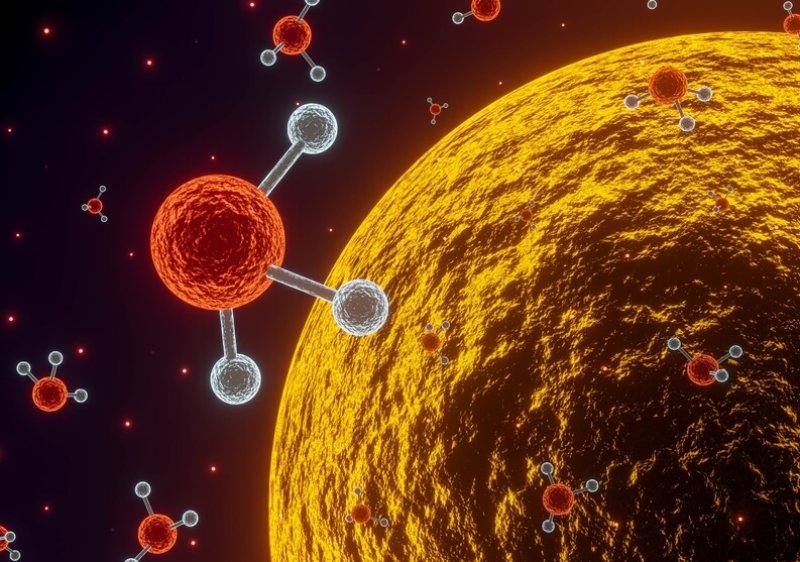In September, an international team of astronomers made headlines when it reported finding phosphine — a potential marker of life — in the planet’s atmosphere. Several studies questioning the observations and conclusions quickly followed. Now, the same team has reanalysed part of its data, citing a processing error in the original data set. The researchers confirmed the phosphine signal, but say that it’s fainter than before.
…
The reanalysis, based on radio-telescope observations at the Atacama Large Millimeter/submillimeter Array (ALMA) in Chile, concludes that average phosphine levels across Venus are about one part per billion — approximately one-seventh of the earlier estimate. Unlike in their original report, the scientists now describe their discovery of phosphine on Venus as tentative.
According to [astronomer Jane] Greaves and her colleagues, the ALMA data show the spectral signature of phosphine, a molecule made of one phosphorus and three hydrogen atoms. They say no other compound can explain the data. Finding phosphine on Venus would be tantalizing because microbes produce the gas on Earth. If the signal is real and indeed due to phosphine, it’s possible that microbes living in and drifting among the planet’s clouds could be producing the gas — but it’s also possible there might be a non-living source that scientists have yet to identify.































